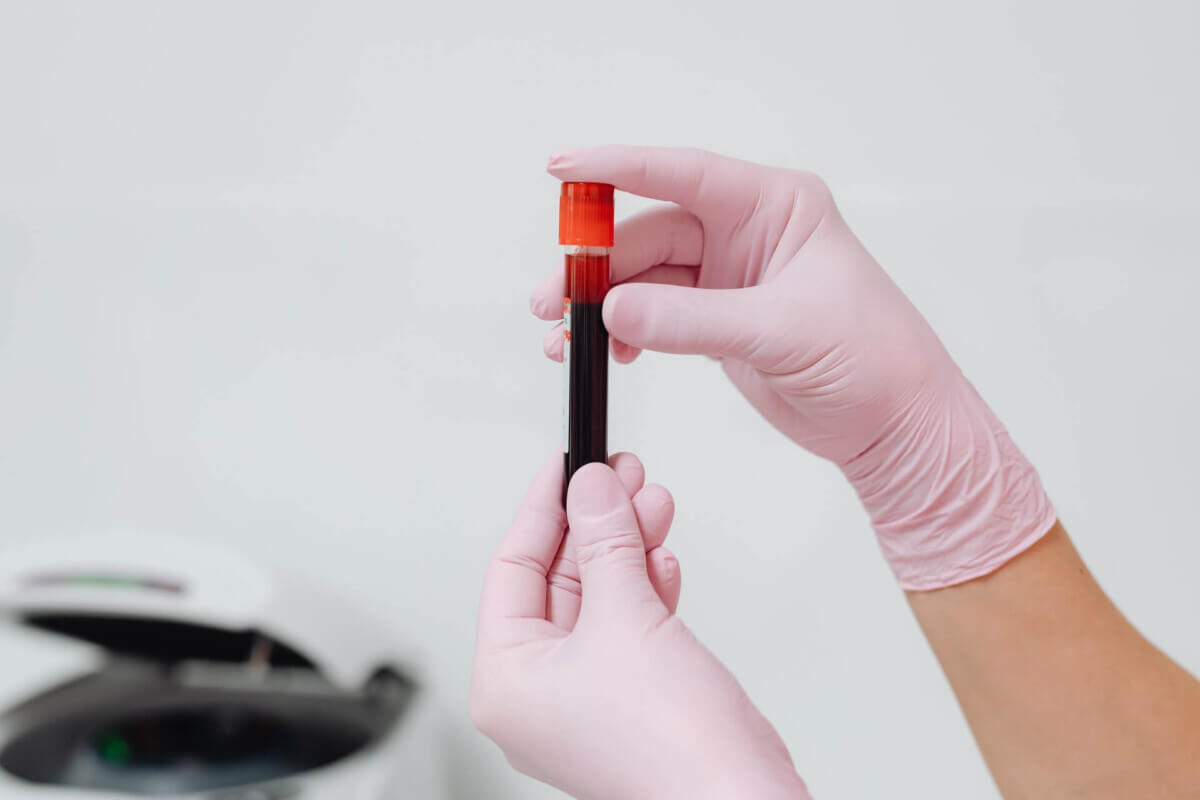
Blood levels of four biomarkers for heart and kidney disease fell after treatment with the Type 2 diabetes medicine canagliflozin. (Photo by Karolina Grabowska from Pexels)
TORONTO, Ontario — A new blood test shows the ability to detect dangerous tumors early among patients with a family history of cancer. Canadian researchers analyzed fragments of DNA released into the blood by cancerous cells to develop this blood test, which identifies tumor development in the body and detects cancer earlier in individuals with Li-Fraumeni Syndrome.
Li-Fraumeni syndrome is an inherited condition associated with a very high risk of developing cancer - often causing tumors affecting the breast, soft tissue, brain, and other organs. It is the result of changes in the TP53 gene.
Luana Locke was diagnosed with breast cancer at age 25 and later discovered that her mother, children, and many members of her extended family also carried the same TP53 genetic change. Luana’s daughter, Juliet, was diagnosed with leukemia at age 14. It's a condition they now know may have been detected months earlier with this new blood sample analysis.
“Even though I have LFS, I never really felt cancer anxiety until after I was diagnosed,” Juliet says in a media release. “While my check-ups are reassuring, getting more precise diagnoses earlier is the next level in care.”

The research, published in the journal Cancer Discovery, involved the analysis of 170 blood samples from 82 individuals with Li-Fraumeni syndrome collected over several years, as well as 30 blood samples from individuals without Li-Fraumeni syndrome.
Testing blood samples for signs of cancer – often called liquid biopsies - is a more attractive screening approach compared to imaging methods, which require specialized machines, and biopsies, which are more invasive.
“Until now, we really didn’t have good ways of doing surveillance in children with cancer or in children with cancer predisposition. Now, we can use a simple blood test to identify when, where and if a cancer is occurring. That is precision,” says Dr. David Malkin, the director of the Cancer Genetics Program at The Hospital for Sick Children (SickKids).
“These promising findings can be extended to all hereditary cancer syndromes to help improve the accuracy of cancer detection, especially for common tumour types, utilizing several analysis types that leverage different biological measurements.”
The team will conduct a clinical trial to further test this approach and screen patients in the hope of finding their cancer earlier.
You might also be interested in:
- Blood test that screens for multiple cancers at once promises to boost early detection
- Do family genes matter? Cancer is not a purely genetic disease, study finds
- Inheriting anxiety! 82% of parents worry about unknown diseases in their family tree
South West News Service writer Ellie McDonald contributed to this report.










